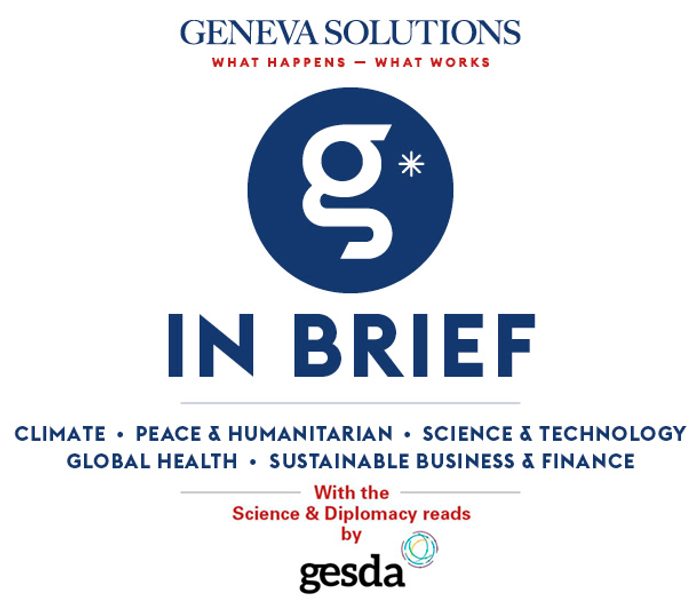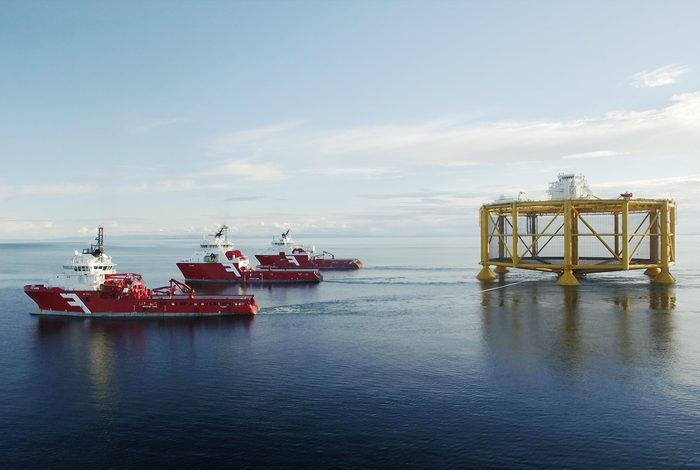|
Aquaculture, the next field for a genetic revolution.
Most fish have seen little systematic genetic improvement for farming, compared with the selective breeding that cattle, chickens and other domesticated animals have undergone. But now that aquaculture supplies nearly half of the fish and shellfish eaten worldwide, this is about to change. This is largely thanks to genomics, not only through gene modification but also through gene chips, for example, which speed up the identification of fish and shellfish carrying the desired traits.
This renewed enthusiasm about aquaculture’s future comes with concerns. Will species important to feeding people in the developing world also be at the core of those scientific research? Will consumers accept fish and shellfish that have been altered using technologies that rewrite genes or move them between species? The following article in Science magazine leaves these questions largely open for now but shows how close genetics currently is to profoundly changing aquaculture.
- Olivier Dessibourg
(EN)
|









